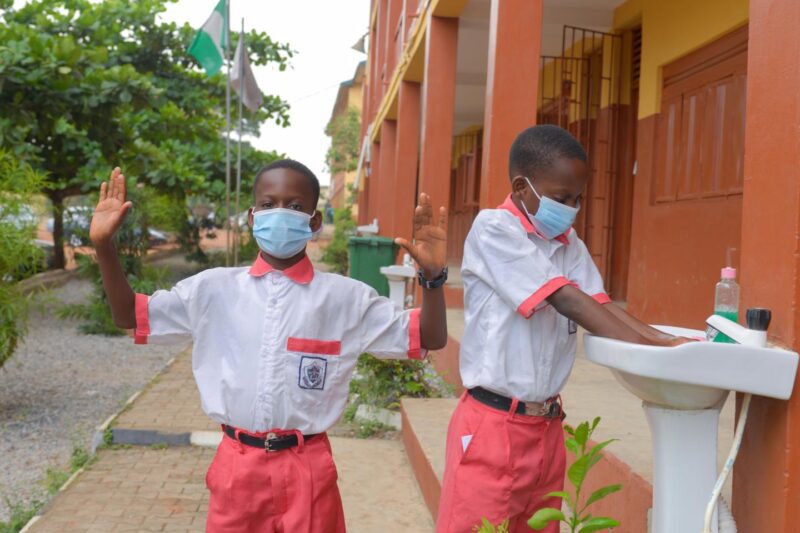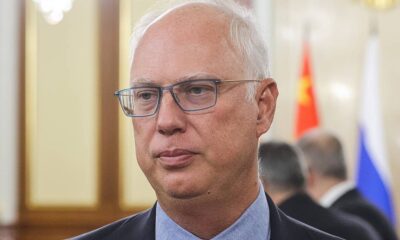Educational Issues
Adherence To COVID-19 Protocols In Nigerian Universities: Matters Arising -By Abdulsalam Alkali

When ASUU called off the longest strike ever in the history of this country, the National universities commission came up with a number of protocols to be observed for the prevention and spread of the novel corona virus among students in Nigerian universities.
With the rising number of covid 19 infections in the country and the need to open school which have been closed since the inception of Corona Virus, the NCC set aside protocol that should be observed for the prevention and spread of the virus. The prevention protocols include, use of face masks and hand sanitizers, practice of social distance among others.
Many universities in Nigeria have fully resumed academic session but unfortunately most, if not all of the protocols must be breach in one way or the other due to some certain realities.
First, there’s a serious infrastructure dilapidation in most of the Nigerian universities. Lack of adequate lecture halls and hostel is not a new issue in our universities. There are no adequate lecture hall to accommodate students, all as a result of lack of efficient infrastructure in our universities.
Secondly, hostels in Nigerian universities are mostly over populated, a room that’s meant for only four (4) can be use by at-least 10 students. The number is not encouraging but this is the real picture and true situation of universities in Nigeria that’s why the strict compliance to covid 19 protocol is unattainable.
For instance, General studies classes have the highest number of attendants which force many student to sit in the floor while lecture is going on. This is, due to the lack of halls or lecture theatre that will accommodate the overwhelming number of students.
There’s a need for the government to intervene and provide panacea to the lingering issues of poor infrastructure, lack of adequate lecture halls and provide good accommodation for students so as to prevent them from covid19 and other related communicable diseases.
Abdulsalam Alkali, Maiduguri










